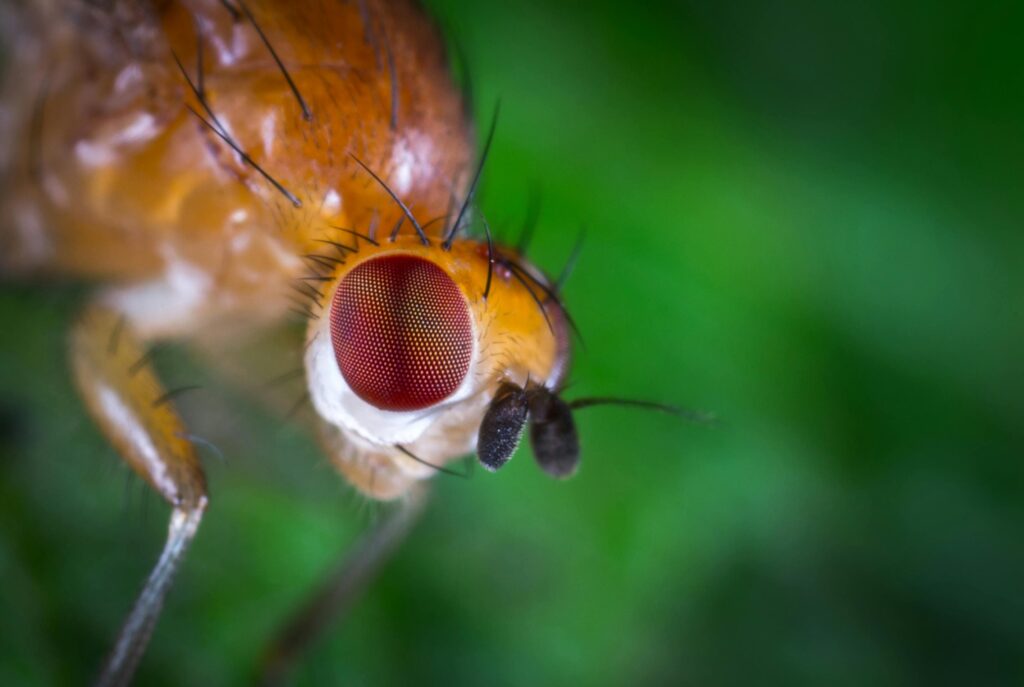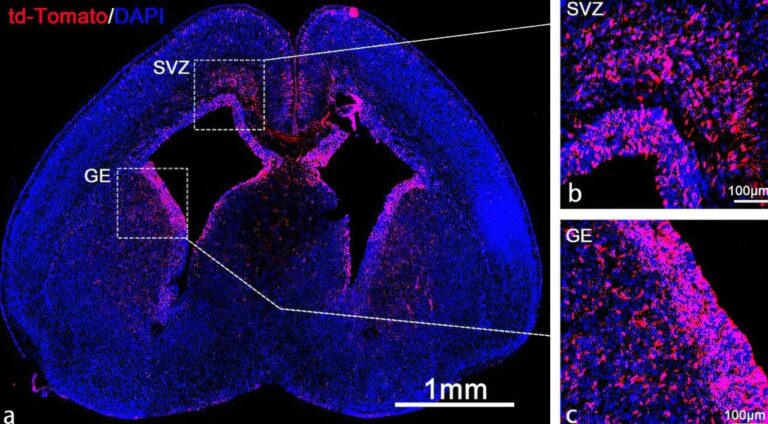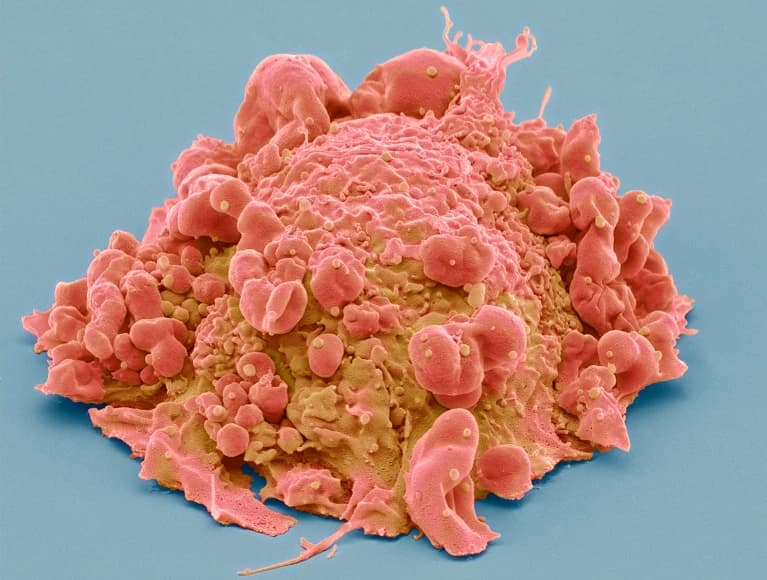From Flies to Humans: Unlocking the Secrets of Aging and Cognitive Health
Aging is a universal phenomenon, affecting not just humans, but also humble fruit flies. With their remarkably short lifespan of approximately two months, these tiny creatures have become an invaluable tool for scientists seeking to understand the intricacies of aging. A recent study published in Nature Communications has made a pivotal discovery, shedding light on the mysterious relationship between aging, cognitive decline, and a common cellular protein called filamentous actin (F-actin).

Image Credits : Egor Kamelev
The Unexpected Villain: F-actin Accumulation
Researchers at UCLA, led by Dr. David Walker, have identified F-actin buildup in the brains of aging fruit flies as a primary contributor to cognitive decline. This protein, essential for maintaining cell structure, was found to inhibit autophagy – the cell’s natural “garbage disposal” system. The resulting accumulation of cellular waste diminishes neuronal functions, leading to memory loss and decreased cognitive abilities.
A Genetic Breakthrough: Preventing F-actin Accumulation
By targeting specific genes in aging fruit flies, the research team successfully prevented F-actin buildup, maintained autophagy, and extended the healthy lifespan of the flies by approximately 30%. This groundbreaking finding has significant implications for our understanding of aging and cognitive decline.
From Correlation to Causality: Unraveling the Mystery
Initial observations revealed a correlation between F-actin accumulation and aging. However, it wasn’t until the researchers employed genetic manipulation that they established a direct causal link. By reducing the expression of the Fhos gene, responsible for F-actin elongation, the team prevented protein accumulation and promoted overall health in the fruit flies.
Far-Reaching Consequences: Improved Healthspan and Cognitive Function
The study’s findings extend beyond the realm of cognitive decline, demonstrating improved healthspan in the treated fruit flies. Enhanced brain function, increased activity levels, and markers of improved overall health were all observed. While these results are promising, further research is necessary to translate this discovery into human applications.
Expert Insight
“Our goal is to enhance healthspan, ensuring people enjoy a high quality of life while extending their lifespan. This study offers hope for achieving similar outcomes in humans.” – Dr. David Walker






